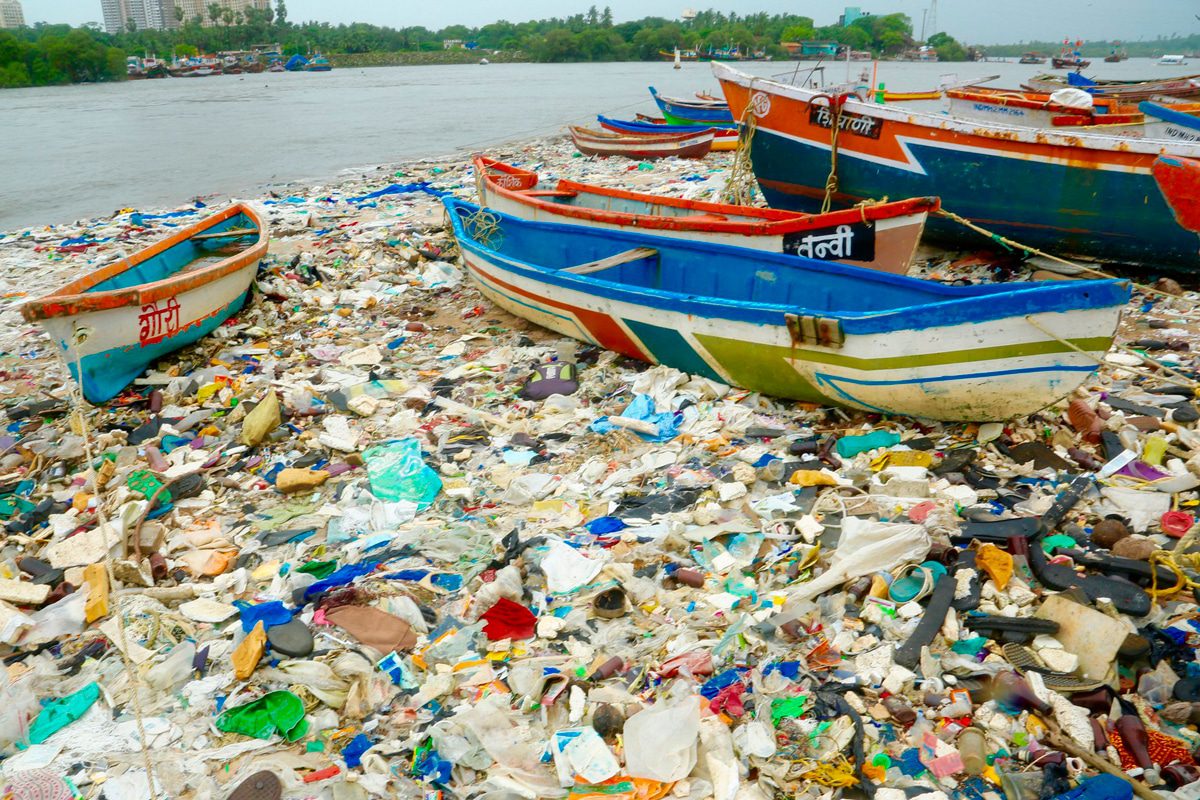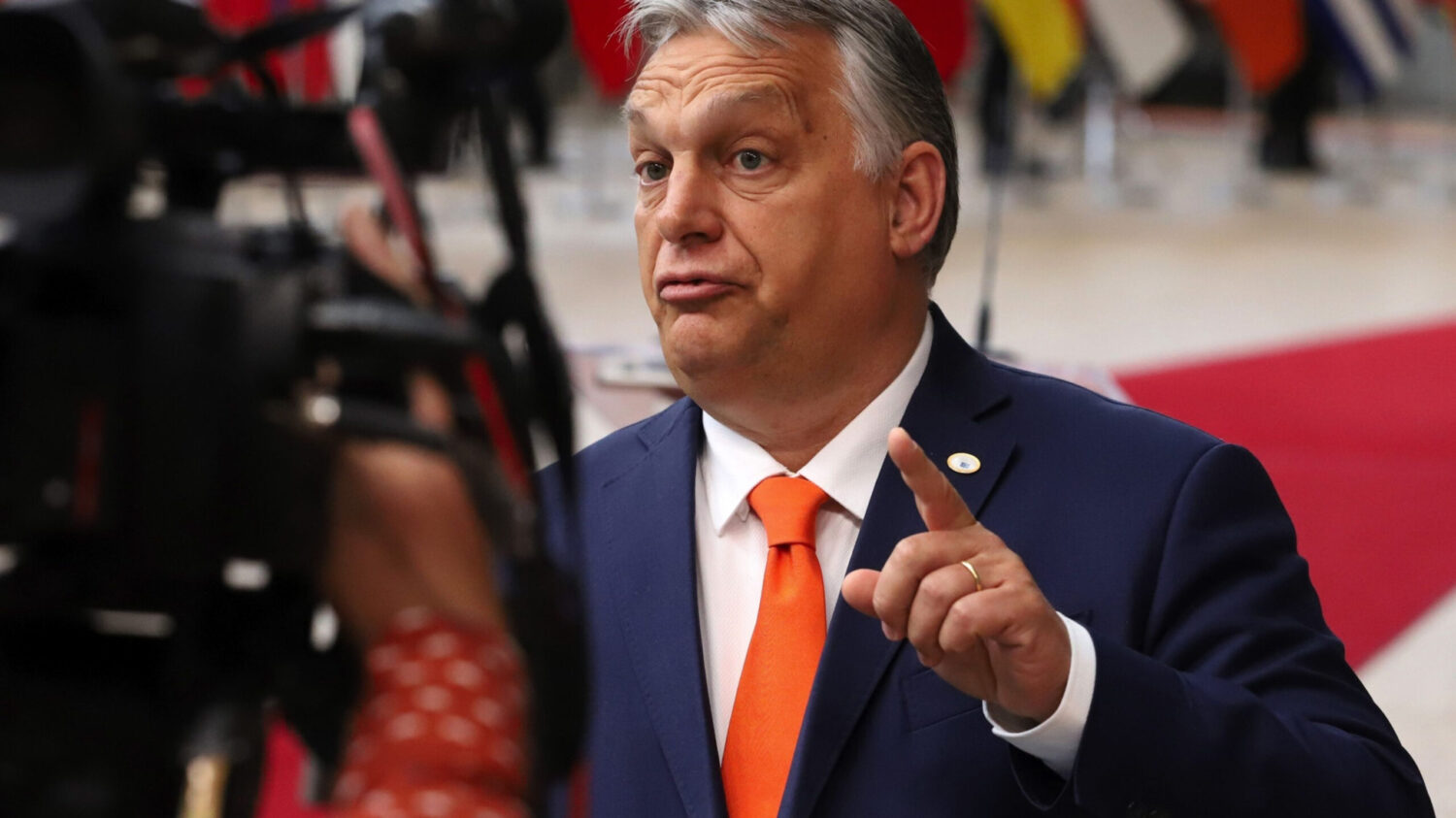Lisbon (Portugal), 27 June-1 July 2022 — The ocean provides us with half of our oxygen. It is the main source of sustenance for more than one billion people. Ocean-related industries employ 40 million people, many of whom live in developing countries.
But the health, wealth, jobs, and recreation the ocean provides are under threat due to human activities, such as pollution and overfishing. In addition, crimes that affect coastal and marine environments have serious consequences for ecosystem resilience and biodiversity loss, leading to a scarcity of natural resources.
The United Nations (UN) Oceans Conference, co-hosted by the Governments of Kenya and Portugal and held in Lisbon from 27 June to 1 July 2022, mobilized action to propel science-based innovative solutions to sustainably manage our oceans. The conference pushed for the adoption of solutions on issues like combating water acidification, pollution, illegal fishing, and loss of marine habitats and biodiversity. As UN Secretary-General Antonio Guterres noted, “Sadly, we have taken the ocean for granted, and today we face what I would call an “Ocean Emergency”. We must turn the tide.”
The United Nations Office on Drugs and Crime (UNODC), through its Border Management Branch (BMB), co-hosted three side events at the Conference to highlight the importance of a criminal justice approach in addressing challenges faced by the oceans.
On 28 June 2022, UNODC, in partnership with the Secretariat of the Basel, Rotterdam and Stockholm Conventions (BRS), facilitated a side event titled “Depolluting the oceans through controlling trade in plastic wastes and combatting illegal traffic under the Basel Convention”. Every minute, the equivalent of one garbage truck of plastic is dumped into our ocean. The transboundary movement of marine plastics and microplastics is a major concern as plastic debris remain intact in the ocean for a long period of time, causing significant damage to marine ecosystems. The panellists emphasized the need for strengthened partnerships and inter-agency collaboration to control legal and illegal trade in plastic waste, as well as the need to accelerate efforts to implement obligations under the Basel Convention.
On 31 June 2022, UNODC, in partnership with the UN Food and Agriculture Organization (FAO) and the Wildlife Justice Commission (WJC), held a side event titled “Crime, corruption, and environment: a criminal justice approach for ocean action and achieving SDG 14”. The side event outlined how crimes in the fisheries sector, marine pollution and trafficking of marine species affect the health of the ocean and economies of coastal countries by fuelling corruption and creating conditions in which further crime – including serious and organized crime- can be perpetrated. The panel discussion highlighted the need to complement integrated ocean management with a criminal justice approach and provided an overview of initiatives aimed at addressing crime and illegality.
On 1 July 2022, UNODC, in partnership with the Government of Portugal, organized a side event on “Resilient Oceans and Maritime Insecurity: Innovation and Partnerships”. Representatives from the Governments of Portugal, São Tomé e Príncipe, Seychelles, as well as experts from Skylight and Stable Seas, discussed innovative partnerships with the use of technologies, including Artificial Intelligence, as well as the sharing of expertise between countries that share similar challenges in preventing and responding to maritime crimes. The event highlighted the link between maritime security and ocean resilience, particularly the fact that maritime crime poses a major threat to ocean sustainability, and that coastal communities are most affected due to their dependence on marine resources.
UNODC’s contribution through these side events highlighted the links between Sustainable Development Goal (SDG) 14 “Life below water,” the main theme of the Conference, and SDG 16 “Peace, Justice and Strong Institutions”, as current efforts to conserve and sustainably use the oceans, seas and marine resources are undermined by crime and illegality. Achievement of SDG 14 is therefore likely to fail unless States also take action towards achieving SDG 16 – in other words, by improving criminal justice responses to crimes that affect the marine environment and mainstreaming such considerations into conservation, risk mitigation and resource management policies.
Further information on UNODC’s work related to the Ocean agenda
Crimes that affect the environment are serious organized crime with far-reaching impacts for the economy, security, the environment, and human health, contributing to biodiversity loss and climate change. Learn more about UNODC’s work on addressing crimes that affect the environment here and its Container Control Programme and Global Maritime Crime Programme.















